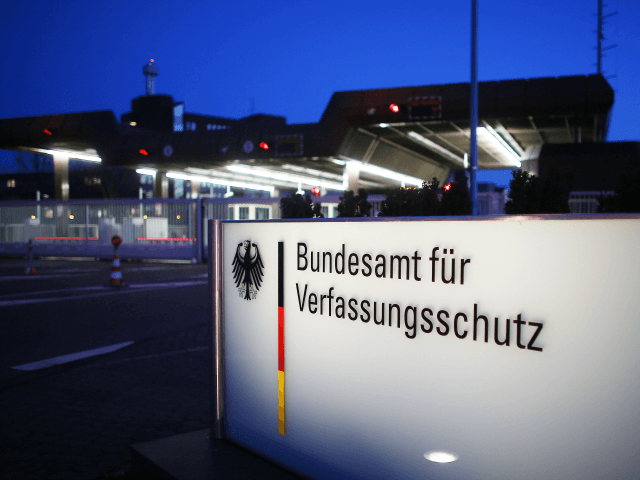The former head of the Secret Intelligence Service (MI6) has said the 7,000 “live cases” of terror suspects at large in Germany is “almost impossible” for German authorities to investigate.
Counter-terrorism expert and former head of MI6 Richard Barrett told BBC Radio 4 Today programme that in addition to the 550 “really extreme potential terrorists on the books” in Germany, there are 7,000 “live cases” of people who have been flagged as Islamists or suspected jihadists.
“These are people who have come to the attention [of authorities] in the context of radical jihadist extremism and are worthy of some sort of examination.
“That’s an almost impossible number to control,” Mr. Barrett warned.
German authorities have been slammed after it emerged that the prime suspect in the Berlin Christmas market attack, Anis Amri who is still at large, was known as a potentially dangerous jihadist.
Amri was being monitored by German intelligence since 14 March on suspicion of “preparing a serious crime endangering national safety”. Intelligence services were following leads that pointed to a plot by Amri to commit a robbery in order to obtain money to buy automatic weapons “possibly to commit an attack at a later date with co-perpetrators who had yet to be recruited”.
The Tunisian was put under surveillance and his telephone calls were monitored. However, the prosecutors’ office said that these investigations had produced no evidence to back up the accusations and as a result, there was “no basis for prolonging the order for surveillance measures” and surveillance was terminated in September.
Commenting on observation protocol, Mr. Barrett said: “Of course, you can look at somebody for only so long. You have to move on to a higher priority. So although that list is very long, clearly there is a very much smaller list of people under active investigation.”
However, the former intelligence head said that Amir had become “well known” to German authorities and “was indeed rounded up in November of this year” for his connection to known Islamist networks.
Observing that German intelligence did not consider these connections “important enough to continue the surveillance” Mr. Barrett added, “but it’s pulling a thread and seeing what else untangles from the ball of string”.

COMMENTS
Please let us know if you're having issues with commenting.